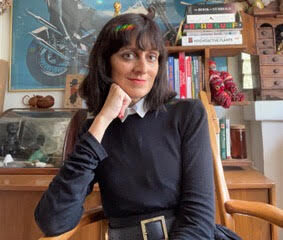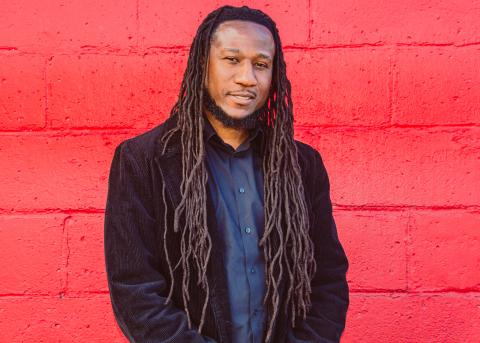Mathangi ‘Maya’ Arulpragasam, better known as M.I.A., is a British rapper, singer-songwriter, and producer of Sri Lankan Tamil descent. Starting her career as a visual artist, she got into documentary filmmaking and fashion designing before she started a career in music. Famous for her compositions that combine elements of dance, alternative, hip-hop, and world music, she has 49 award nominations to her credit so far. M.I.A is the first artist in history to be nominated for the five major awards—Academy, Grammy, Brit, Mercury Prize and Alternative Turner Prize—and also the first artist of Asian descent to be nominated for the Academy and Grammy in the same year. While her early works relied heavily on the Roland MC-505 sequencer and drum machine, her later compositions featured rare instruments, electronics, and sounds from around the world. Her opinion and comments on the oppression of Sri Lankan Tamils, African Americans and Palestinians has drawn praise as well as criticism, leading to the US restricting her entry into the country. Her albums also reveal her strong political ideologies. She supports a number of charities and raises funds to help youth come out of violence and poverty in war-torn Africa. In Liberia, she supported school-building projects, and rehabilitation of former child soldiers. While ‘Rolling Stone’ named her as one of the defining artists of the 2000s, ‘Time’ magazine named her as one of the world’s 100 most influential people in 2009.
From the very beginning, her music was always an explosion of color, light, heat; she named her first album Arular after her father the fighter’s wartime sobriquet. It was her father from whom she learned basic concepts and values and so Arular surprised and delighted as an exposition of apprenticeship in all the flows and feelings bubbling up from the streets at the time.
She named her second album after her mother Kala who taught her early lessons in creativity. She made Kala everywhere she could and as a delirious confection of worldly pop perfection Kala went everywhere it could, from endlessly bootlegged CDs to blockbuster soundtracks to improbable remixes with monsters of rap and suddenly there she was onstage at the Grammys a few days before giving birth, all of it made wild sense when previously it had been impossible to imagine.
Her third album was Maya. Maya was about truth and lies, freedom of speech and the struggle of media in a time when the CIA battles Hezbollah via Twitter. We all tweet incessantly the way parrots in the jungle do; we never consider how far the smallest idea can travel and how it can affect the people it reaches. You would consider Maya to be an eponymous release were it not for the fact this was never her actual factual name. Maya is the manifestation of the physical world, the illusion of this dusty net in which we live, the most negative aspect you must overcome to reach nirvana. Some loved Maya and some hated Maya and that is the duality of Maya. You either love the material world and believe in material girls or you break it all down, move past it all together, it was never a real place, it’s not where you end up, once you pass it you arrive at Matangi.
Mathangi ‘Maya’ Arulpragasam










